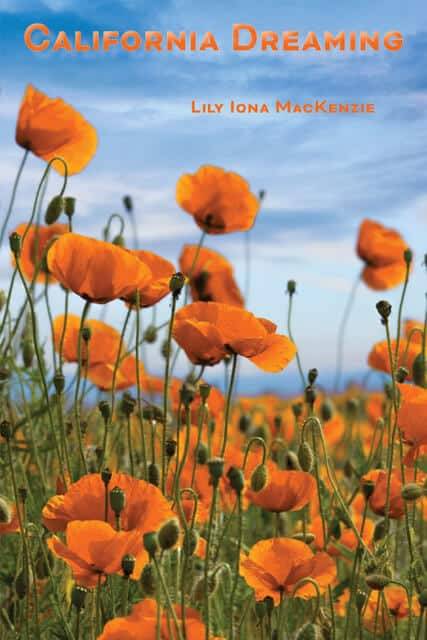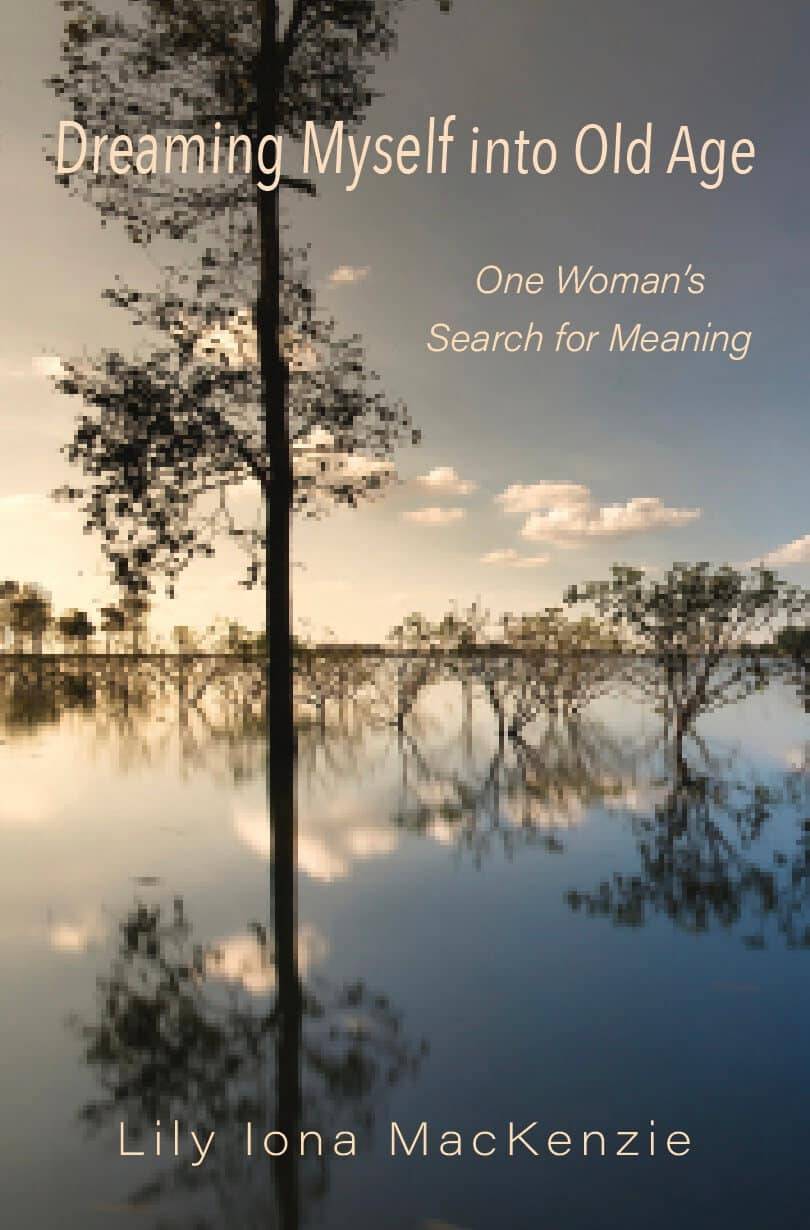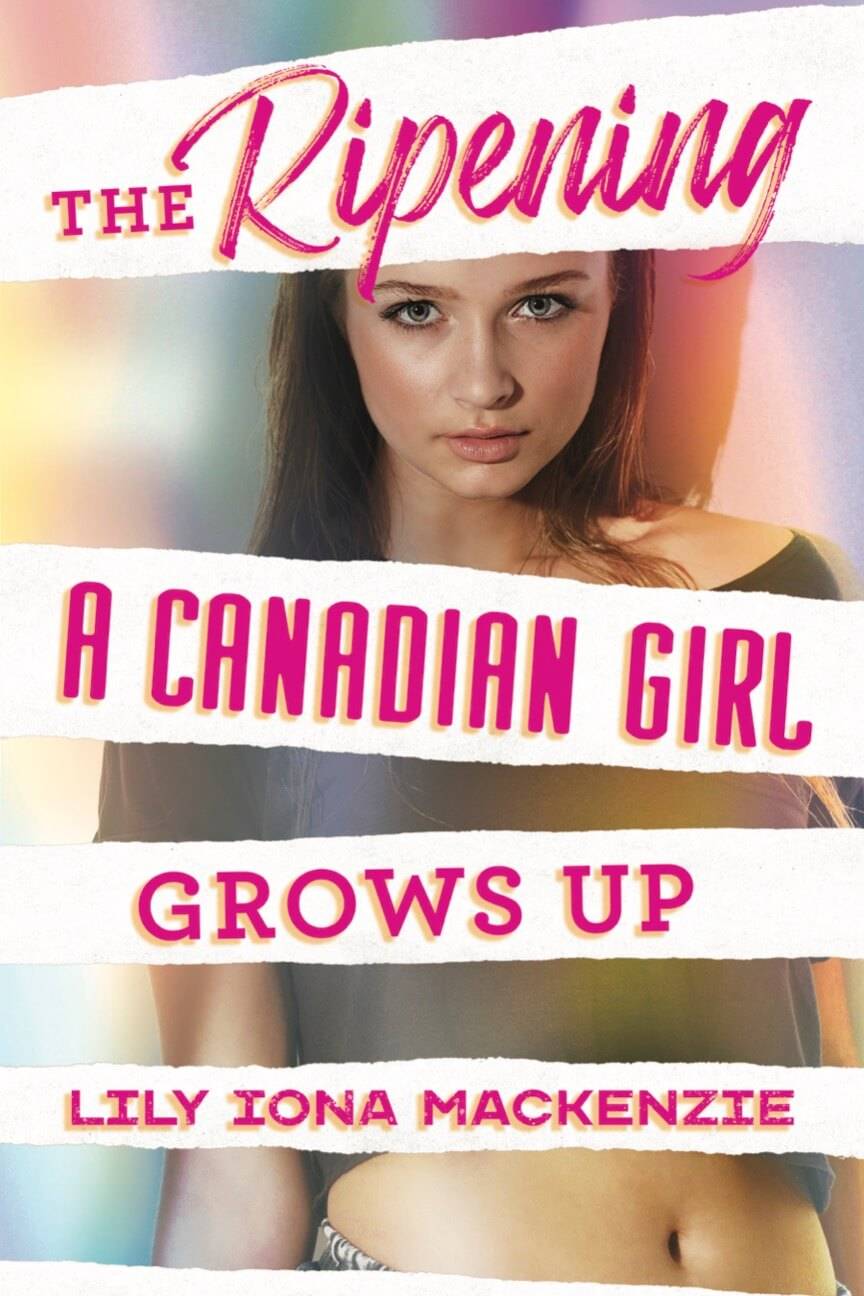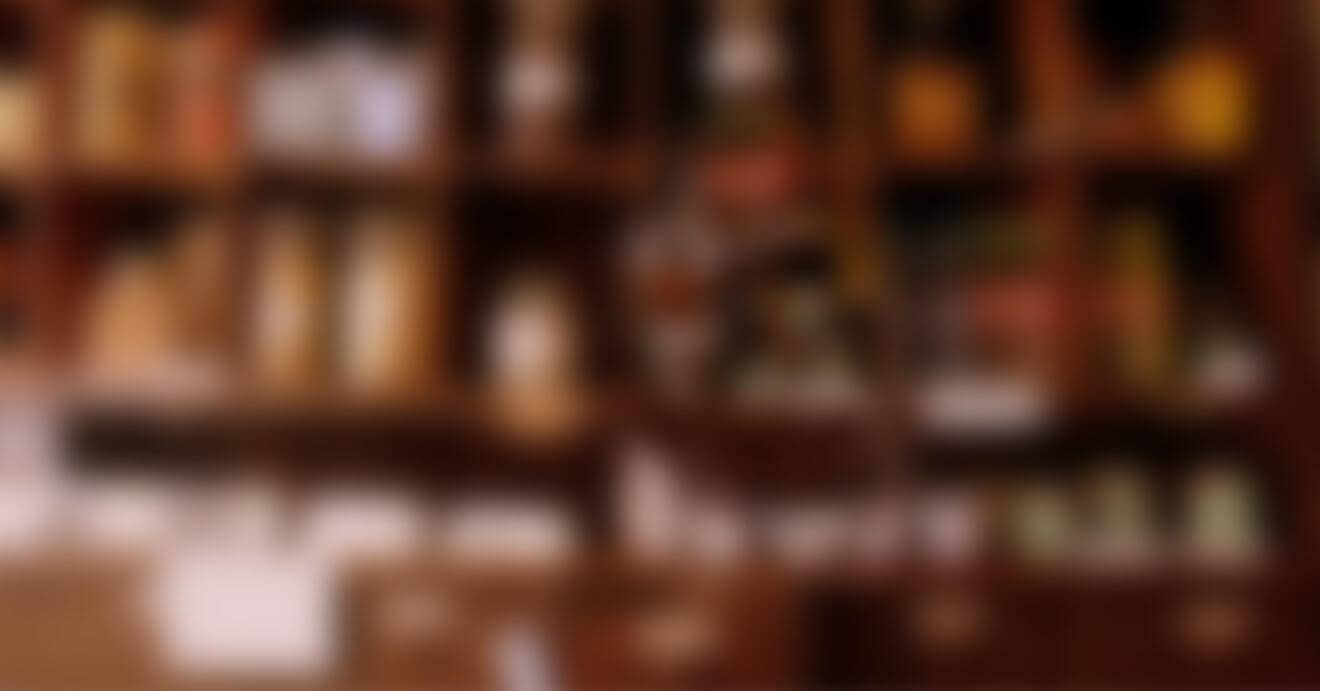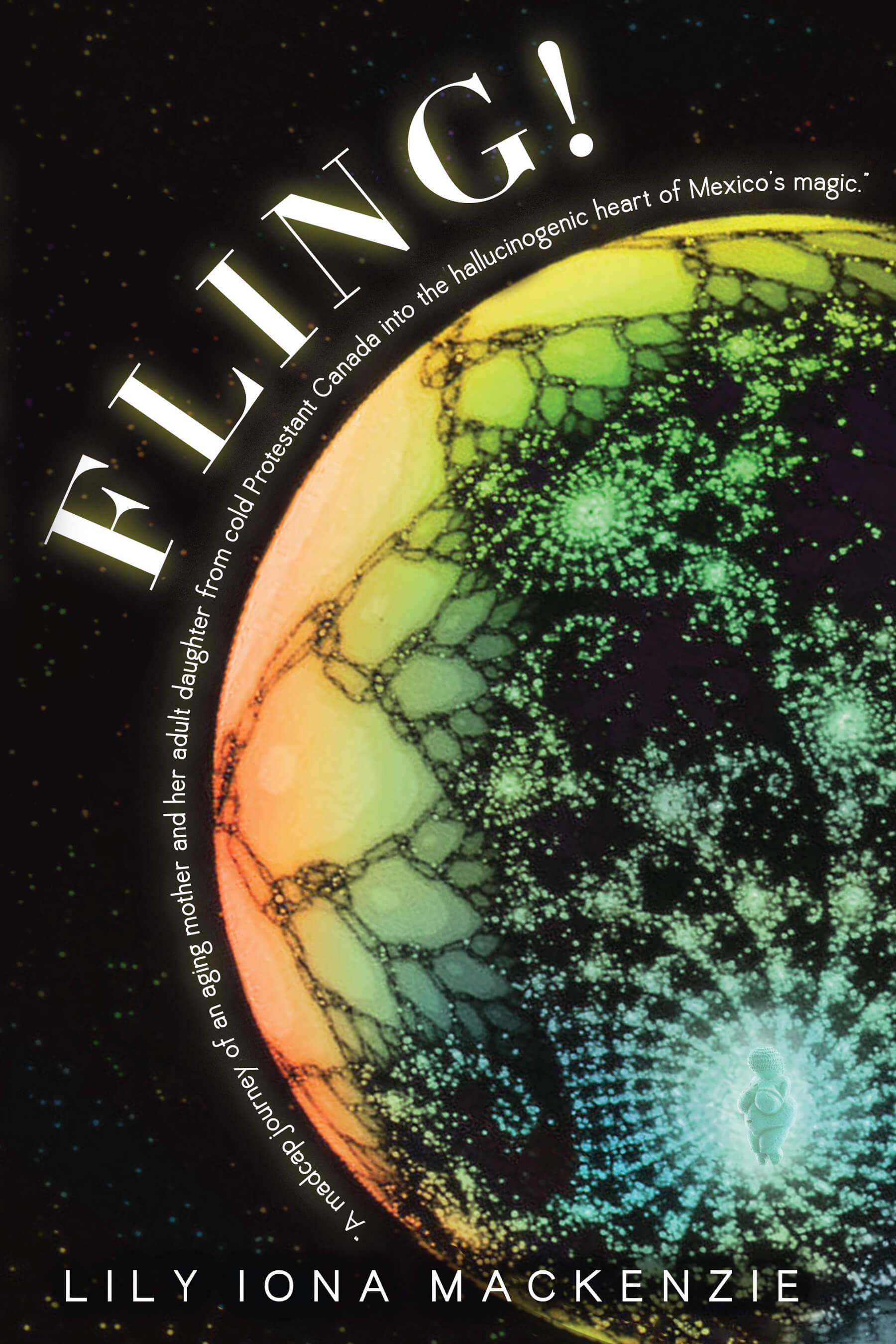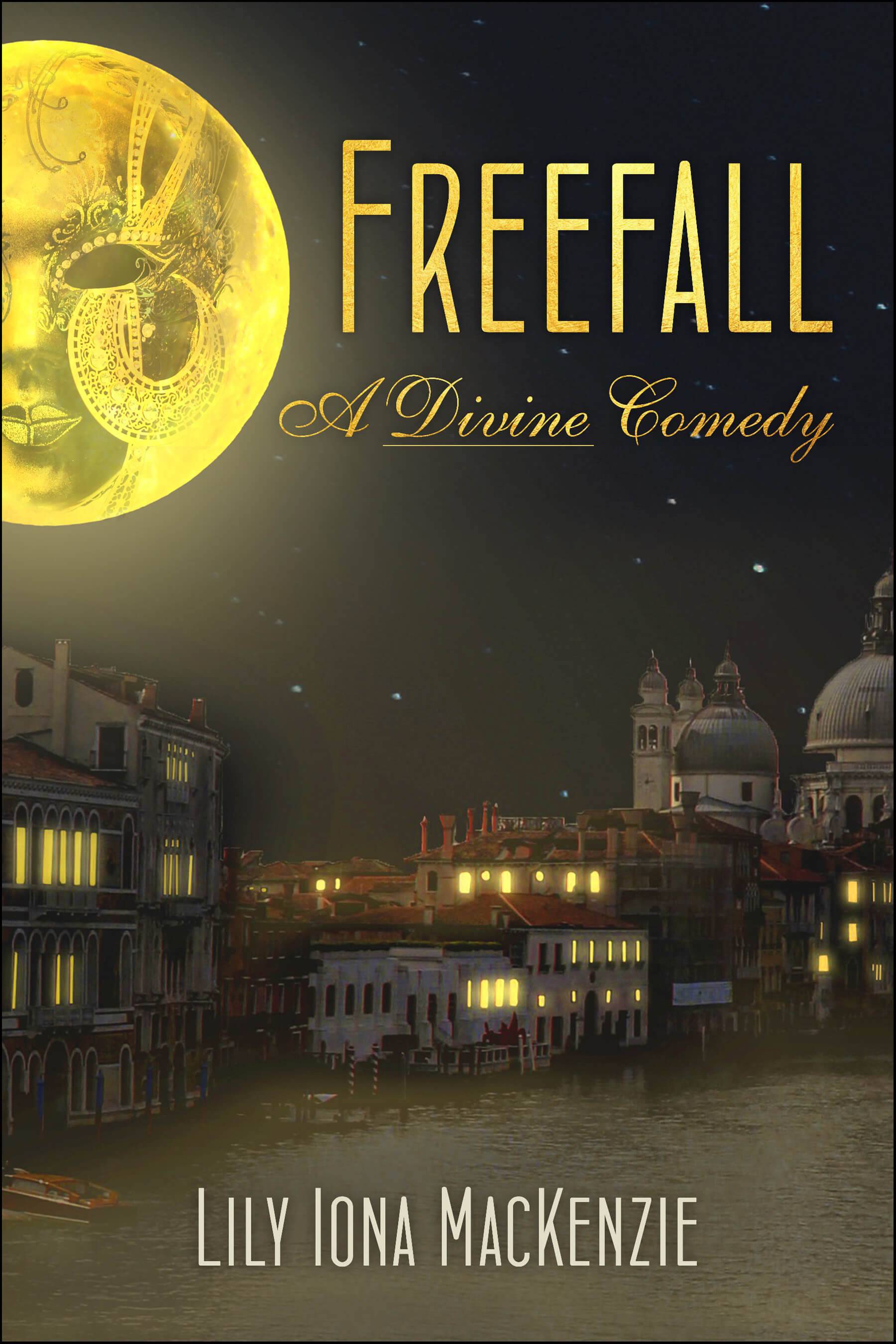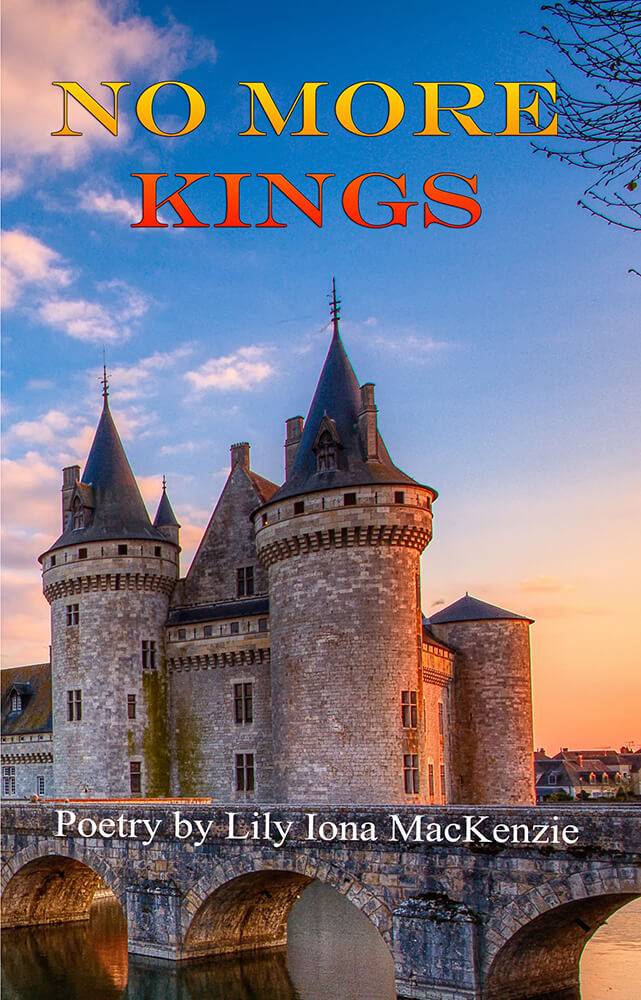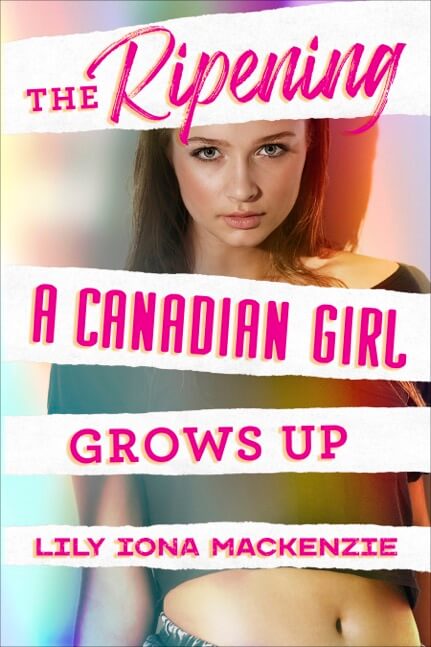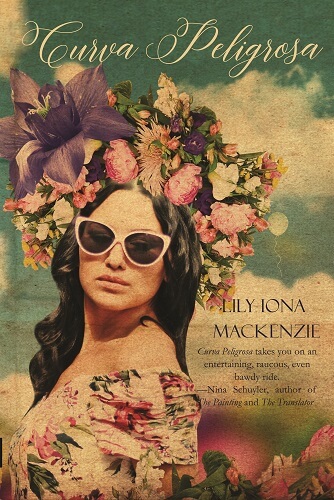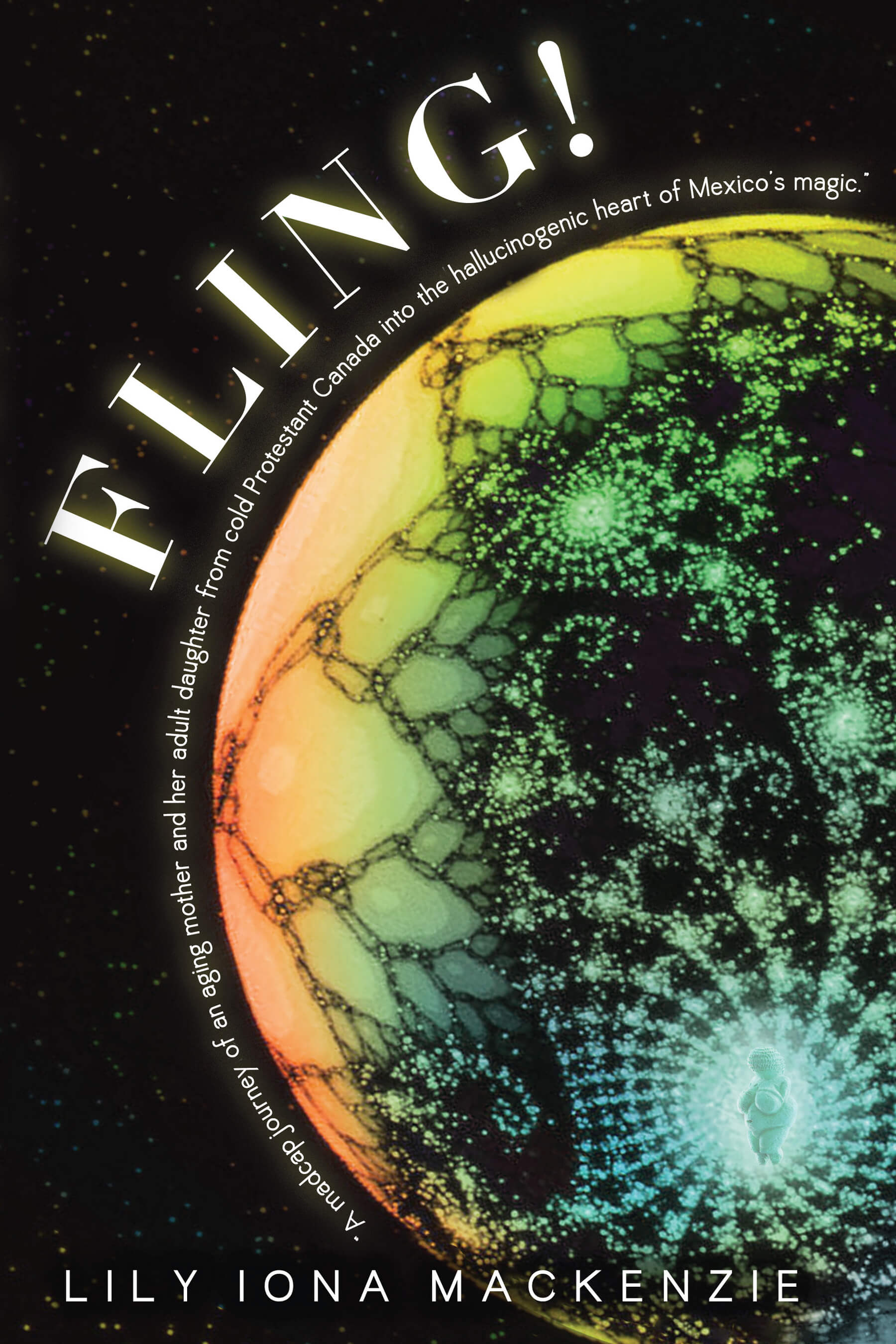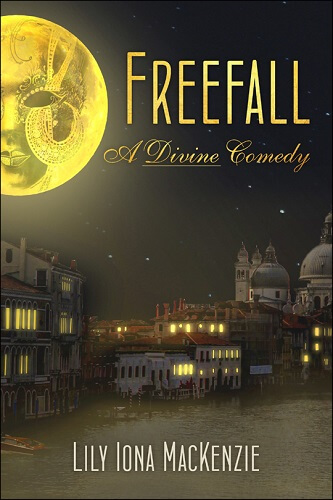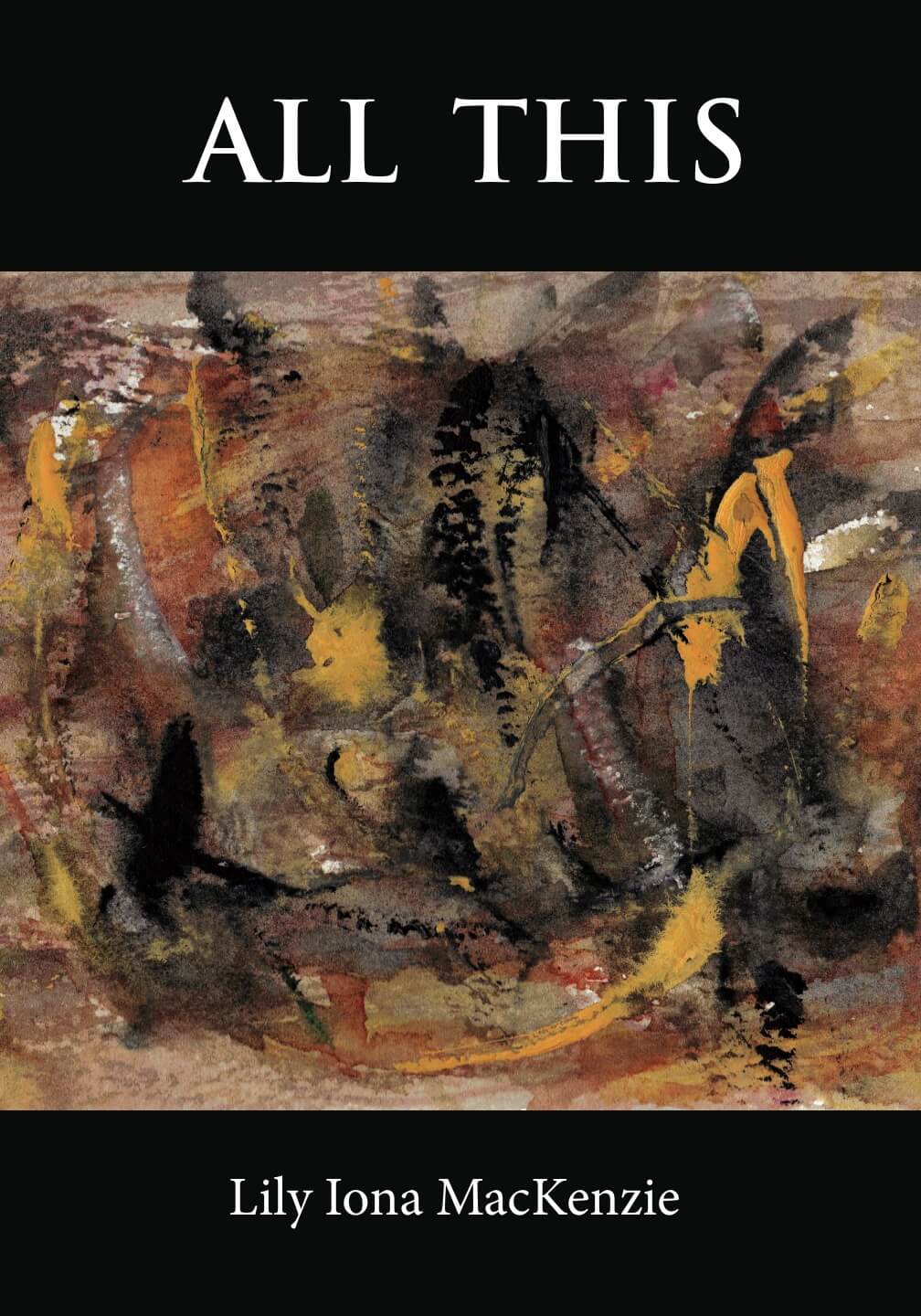 As a pre-TV child (television arrived in Calgary in the early 50s, about ten years after it appeared in the U.S.), radio dramas fed my imagination: Boston Blackie; Suspense Theatre; and The Green Hornet come immediately to mind. Though they provided the plot and dialogue, I was able to supply the images myself, far more dramatic than what any TV director could create. In my young mind, Boston Blackie was the white knight in spite of a name that implied otherwise. Evenings spent shivering in front of a radio, shivering from glorious fear and not cold. The room crackling with drama—suspense. And I was an important participant: the program needed my imagination to give it life.
As a pre-TV child (television arrived in Calgary in the early 50s, about ten years after it appeared in the U.S.), radio dramas fed my imagination: Boston Blackie; Suspense Theatre; and The Green Hornet come immediately to mind. Though they provided the plot and dialogue, I was able to supply the images myself, far more dramatic than what any TV director could create. In my young mind, Boston Blackie was the white knight in spite of a name that implied otherwise. Evenings spent shivering in front of a radio, shivering from glorious fear and not cold. The room crackling with drama—suspense. And I was an important participant: the program needed my imagination to give it life.
At some point in those early years, someone sold my parents a set of the Books of Knowledge. My grandfather, a Scots’ school-master, must have urged my mother and stepfather to buy the encyclopedia since neither of them were determined to develop my intellect. Mother had only finished high school; my stepfather had dropped out of school after the eighth grade. They didn’t have money for extras and never touched the books themselves that I recall, so there was no reason for them to buy the set.
Those fat books with red covers were truly gifts from heaven, however they were acquired, and I soon discovered an illustrated section of fantasies, fairy tales, and rhymes in the middle of each volume, waiting for a child’s imagination to give them life: “Humpty Dumpty,” “The Woman Who Lived in a Shoe,” “Hansel and Gretel,” and much more. I can only guess at what subliminal level these works were operating in my psyche. I only wanted to be entertained.
That’s why I turned to my mother’s limited library of magazines she picked up at the newsstand. True Confessions, True Romances, True Story were just the place for an inquisitive girl to find out about life, especially romance, something all women hungered for. How I identified and ached with every adopted or illegitimate child, and for every young woman pressed into a shotgun marriage. Each confession—far from scaring me—left me eager for the day when I could experience some of the same agony.
Three other genres consumed me during those years: mystery stories, such as the Nancy Drew series or the Hardy Boys, stimulated my desire for adventure, as did the millions of comics I waded through. I would walk miles in sub-zero weather with my stack of comics so I could trade with a friend. Or I’d haunt the second-hand book stores, sniffing through the piles and piles of frayed and musty comics for the ones I might have missed: Archie and Jughead, Candy, the supernatural thrillers—but best of all, Wonder Woman, my heroine. She inspired me, even at that age. Surely if she could bust free of the mundane world, I could too.
The other medium that fascinated me was film. Every Saturday I’d be first in line anywhere that had a double feature. Some days, if I could scrape together another 15 cents for admission and popcorn money, I hit two double-feature theaters in one day. I wasn’t fussy: westerns (The Lone Ranger; Annie Get Your Gun), adventures (Tarzan; Bomba, the Jungle Boy), horror (Frankenstein), tear-jerkers (Bambi). As long as images interacted on the screen, I was entranced.
I must admit that again I found a heroine: Annie Oakley. Not only could she outrope, outride, and outshoot every man in sight, she was pretty and could cook! And since I grew up in cow country, such a heroine was entirely plausible for me, even more so than Wonder Woman.
Though I don’t regret these questionable “literary” beginnings, I must admit that as an adult my view of things was slightly distorted. Annie Oakley might outshoot, outride, and outrope every man on the screen, but in actual life I didn’t see any woman with this kind of power. If anything, it was the opposite. Women were the second sex, a position I unquestionably assumed.
I spent years trying to make my childhood fantasies a reality, caught up in illusions and desires that could never be fulfilled. I’d become one of the young women I’d read about in the true confessions’ magazines. A high-school dropout and pregnant at sixteen, a mother just after turning seventeen, and a single parent by the time my son was six-months old, I clung to the idea that I’d meet my prince charming one day and live happily ever after.
Later, when—like my favorite childhood character Humpty Dumpty—I experienced my own fall and had to pick up the pieces, I made contact with similar victims: Sylvia Plath, Anne Sexton, Doris Lessing, and all the others who had the courage to tell their stories, whether in poetry or in prose. But my introduction to real poetry—not the Rod McKuen-type doggerel—didn’t happen until I’d entered university in my early thirties.
At first I rejected poetry, pushed it away. Too raw, too painful, too close to my personal experience, it was like staring into a mirror, unrelentless in what it exposed, forcing me to admit my own rage so I could get on with my life. The novels I read also peeled me as if I were an onion. Sister Carrie was my story, the young girl who leaves the country and seeks a new, exciting life in the big city. I also was Caddy in The Sound and the Fury. Though my youngest brother wasn’t mentally retarded, he was permanently disabled by schizophrenia; I felt a strong mothering urge towards him and some responsibility for his condition. Like Caddy, I also used sex at an early age to fill up a hole inside, and I married young, though I didn’t find the wedded bliss I’d hoped for.
Each poem or novel I read uncovered another forgotten part of myself, much as dreams will dredge up inner images that represent aspects of our personalities. Ralph Ellison’s Invisible Man had a powerful effect on me. Jack, the main character, was not just a black man trying to make sense out of a nonsensical world. He was Everyman and Everywoman, black or white, in our society. His invisibility was mine: how many blind, blank eyes had I bounced off of, eyes that had no souls, no sense of self, belonging to people who were walking dead, automatons: glazed eyes—no windows to the soul. Since it takes a presence to see another presence, it’s difficult to become a self when one can’t be seen. And prejudice was not just an abstract problem for Blacks. It was my problem, too.
The thing is, most literature stirs, if only tiny ripples on the surface, while serious literature—the kind that takes us into our subterranean cells and breaks down walls, challenging and subverting cherished beliefs, replacing iron bars with unlocked doors—awakens. In a Psychology Today interview, Jerzy Kosinski says, “I think literature is the last surviving awakener, the last form of art which still requires a profound effort from within.” Whether we agree with this observation or not, it is true that literature confronts us. It presents us with the human condition directly—passions, unrecognized thoughts, blindness, folly. It asks us to feel, to be involved.
In the early 21st Century, we live in an upside-down world: it’s increasingly difficult to find religion in a church or drugs in a drugstore, and white rather than black represents evil (The Invisible Man). At times modern life feels like a wild rodeo ride, and we need writers who can help us understand what we’re going through. As Arthur Miller says, “One has to write because other people need news of the inner world and without such news they would go mad with the chaos of their lives.”
I’m grateful for all those writers who devote themselves to translating our lives into literature, guides to the inner world Miller refers to. They not only have helped me to appreciate what language can do when used in the service of the intellect, emotions, and imagination, but they have caused this reader to grow in ways that otherwise would not have been possible.
